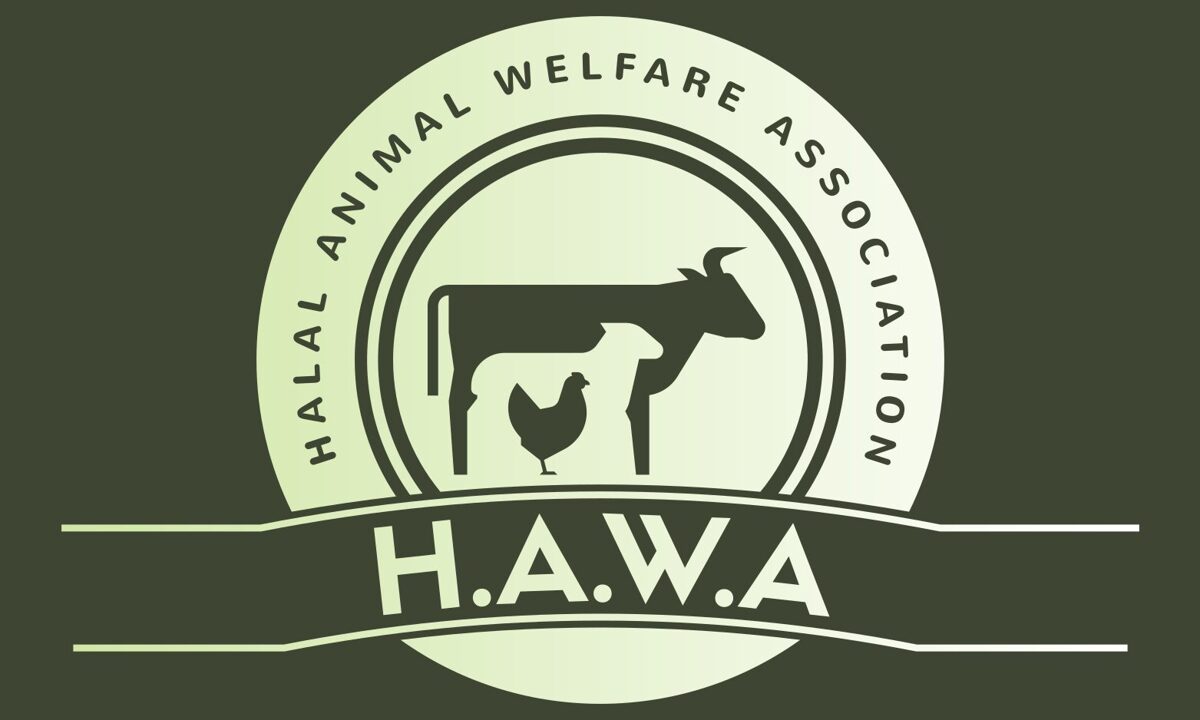Animal Behaviour and Meat quality
How different farming practises affects Animal behaviour and meat quality (The basics)
An Animal who is living in modified, unnatural conditions will suffer considerably and not just from a health perspective.
In an unsuitable environment an Animals behaviour will change and they will show clear signs to the human eye that the way they are being treated isn’t correct, which is against the principals of Islam.
The most common situation this will arise is in intensive farming. Free range is a slight improvement depending on the space given as the animal has a little more room to move.
Organic rearing and the animal being left to live a natural life with as little interference by man is best in line with Islamic principles. They are raised in a more natural environment, without GMO’s in their food or interference with growth hormones or light manipulation. ( Please see previous articles about farming practices).
The behaviours they will begin to show can be a range of the below. Just like humans, prolong periods of stress and anxiety causes disease and illness to be caught more easily and more often.
- Aggression to each other and farm workers handling them.
- Self-harm; such as feather plucking, chewing on themselves or even an action which over time will cause an injury.
- Lameness; spending most of the time laying down or reluctant to move.
- Vocalisation.
- Bar biting; The animal may start to chew on bars within their enclosure or chew of strips of enclosure materials.
- Feather plucking.
- Rocking.
- Repetitive movements; such as head bobbing, spinning etc.
- Pawing the ground.
- Refusing to eat and drink.
Intensive farmers will often carry out mutilation procedures on animals to prevent injury from behaviours caused by stress and fear. (1) Such as dehorning cattle, beak trimming chickens and tail docking. Although scientifically this may prove to help injury reduction in these situations, in Islam we are advised not to modify animals for the sake of man as said in the below hadith. This is where and come into play if the need is necessary. (2)
“ The Prophet pbuh said: “ Do not clip the forelock of a horse, for a decency is attached to its forelock; nor its mane, for it protects it; nor its tail, for it is a fly flap.” (3)
How can the Animals behaviour affect our meat?
Without going to much into complicated meat science… (Scientific areas can be touched on in future articles for those interested insha’allah). The actions of a stressed and frightening animal can affect meat quality.
To begin with, if animals are in cramped conditions with each other and they become aggressive or kick out they may cause harm to themselves or each other. This can cause bruising, haemorrhaging, skin blemishes and even broken bones.
Bruised tissue looks unsightly to the consumer, so the damaged tissue will be cut away from the carcass. This is an issue to the farmer because they will have a decreased yield on the meat they are selling. If we think about the modern meat industry, there is the question of just how much eat is cut away because it is spoiled. (4)
Stress and fear in Animals will affect meat quality. In a state of stress or fear chemical reactions happen within the muscles. After slaughter once the muscle/ meat is in the rigor mortis stage depending on the relaxed state of the muscle water loss ( lowering yield) or colouring of the meat will be affected. For example the meat may appear pale to the consumer so no good to be sold on the supermarket shelves. (5)
Meat quality can be affected by human hand when it is cooked, but generally with consumer opinion in mind tender meat of a certain colour is what the consumer wants to eat and wants to see on the shop shelves. Meat which is of a certain colour or texture due to either natural skin pigment or caused by stress and injury will be discarded.
1. Mutilating Procedures, Management Practices, and Housing Conditions That May Affect the Welfare of Farm Animals: Implications for Welfare Research; Rebecca E. Nordquist , Franz Josef van der Staay , Frank J. C. M. van Eerdenburg , Francisca C. Velkers , Lisa Fijn Saskia S. Arndt. Animals 2017, 7(2), 12.
2. Animal Welfare in Islam; Al-Hafiz Basheer Ahmad Masri; The Islamic Foundation; Leicestershire, UK; 2007
3. Narrated by Yahya ibn Said. Malik ibn Anas al-Asbahi. Also al- Muwatta; Divan press, Norwich, England; 1982; p.205
4. Beyond beef, The rise and fall of the cattle culture; Rifkin. J; Plume, USA; 1992
5. Meat science; Warriss P.D; CABI International, Cambridge, UK; 2000
Cart
Cart is empty.
